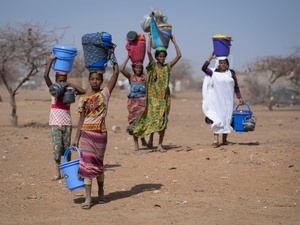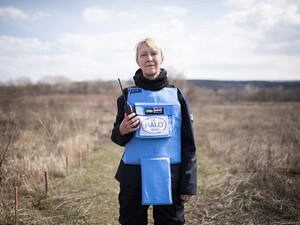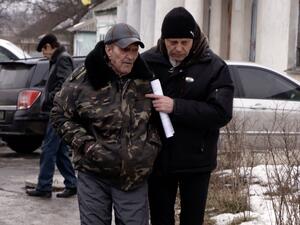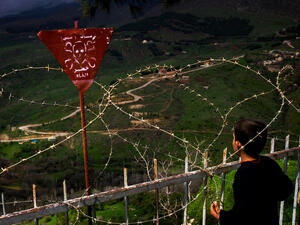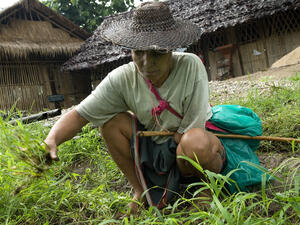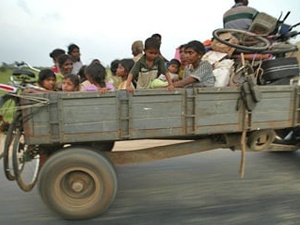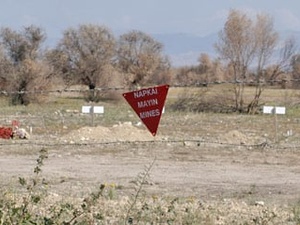UNHCR welcomes the entry into force of the anti-personnel mines convention
UNHCR welcomes the entry into force of the anti-personnel mines convention
The United Nations High Commissioner for Refugees (UNHCR) today hailed the entry into force of the anti-personnel mines convention as a big step towards the safety of refugees returning to former war zones infested with mines which kill and maim years after the guns fall silent.
"Eliminating the threat of land mines is vital to my organisation's work," said Sadako Ogata who heads UNHCR. She vowed to work with other UN agencies, governments and other organisations to "wipe the scourge of land mines off the face of the earth."
UNHCR joined others Monday in celebrating the entry into force of the "Convention on the Prohibition of the Use, Stockpiling, Production and Transfer of Anti-Personnel Mines and on Their Destruction" which was signed in Ottawa just over one year ago. The Convention has been since ratified by 65 countries. 133 nations have signed it.
UNHCR says it supports a total ban on the use of anti-personnel mines. The organisation's policy has been to boycott the products of companies that manufacture or sell anti-personnel mines or their components.
UNHCR says land mines threaten safe return of refugees and displaced persons, from Cambodia to Bosnia and Herzegovina, from Afghanistan to Mozambique, from north-west Somalia to Western Sahara, from Angola to Kosovo. "The presence of mines turns daily chores, such as farming, into a life threatening activity," said Ogata.
UNHCR has earmarked US$ 2.5 million this year for mine action to support the return of ethnic minorities to villages in Bosnia and Herzegovina. UNHCR is also funding mine clearance and mine awareness work in Cambodia, Western Sahara, north-west Somalia, Ethiopia and Djibouti.


